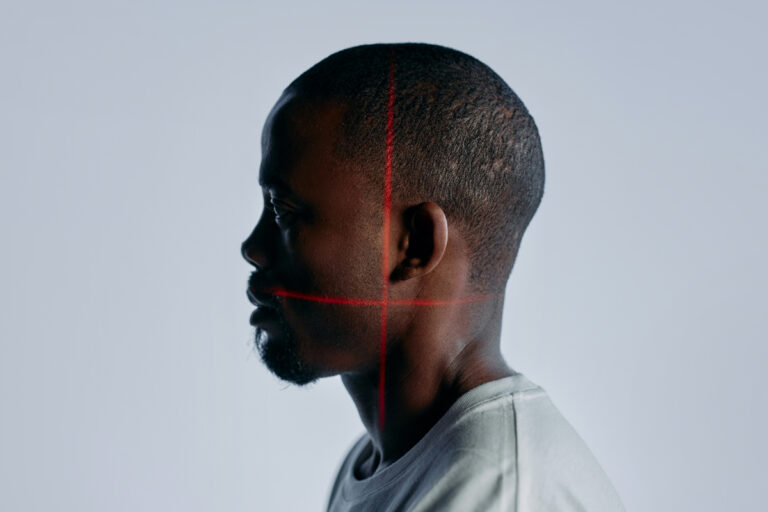Artificial Intelligence could soon diagnose dementia with a single brain scan
Dementia and its cure has evaded the medical community for decades, with the diagnosis of the disease alone needing several scans and tests. Currently a dementia diagnosis could take multiple weeks or even months to be confirmed—wasting valuable time for the lives of people living with the condition. Now there seems to be a new breakthrough: Artificial Intelligence (AI). With all the genuine concerns about the power of AI—from deepfakes to scary robots—here we are, finally at a positive standstill. With a single brain scan, AI could diagnose dementia and more. So, how does it work?
The AI system developed by UK scientists—which is being trialled at Addenbrooke’s Hospital and other memory clinics across the country—will compare the brain scans of concerned individuals with scans of existing dementia patients along with any relevant medical records. Not only can the AI system diagnose or predict dementia in people (with this cross-referencing), but it can also determine the severity of the condition. The technology will be able to measure whether the patient will remain stable for years to come, or in more serious cases, require immediate treatment.
The BBC, who initially reported the story, showcased the scientists behind the AI technology. Cambridge University’s Professor Zoe Kourtzi—a fellow for The Alan Turing Institute (a national centre for AI and data science)—developed the AI dementia system, told BBC News, “If we intervene early, the treatments can kick in early and slow down the progression of the disease and at the same time avoid more damage. And it’s likely that symptoms occur much later in life or may never occur.”
You may be wondering why the doctors don’t look for those patterns themselves. Well, the sophisticated algorithm backing Kourtzi’s AI system, from a single brain scan, can identify dementia patterns across thousands of scans and medical records that even medical professionals and neurologists cannot see. The AI system’s advancement has been proven in preclinical tests to be a tool that is able to diagnose dementia even before any symptoms are exhibited. In simpler terms, it can detect whether you have it before you do. This could revolutionise dementia treatment. Doctor Tim Rittman, a consultant neurologist, is leading the study trials (alongside the team of neurologists from Cambridge) across the country that would put this technology into practice.
Rittman told the BBC that this AI technology is a “fantastic development” in the fight against dementia, “When I am delivering this information to a patient, anything I can do to be more confident about the diagnosis, to give them more information about the progression of the disease to help them plan their lives is a great thing to be able to do.” The trial’s aim is to identify whether this AI system will work in a clinical setting—with 500 patients expected to participate in the first year. Their subsequent results will then be forwarded to their doctors, who can then advise on the next course of action.
And while that’s underway, it is also important to engage in preventative care to keep your brain healthy. So put on your healthy thinking caps and brace yourselves for more innovative AI solutions in healthcare to follow. Now we’re looking at you, pulse oximeters.





